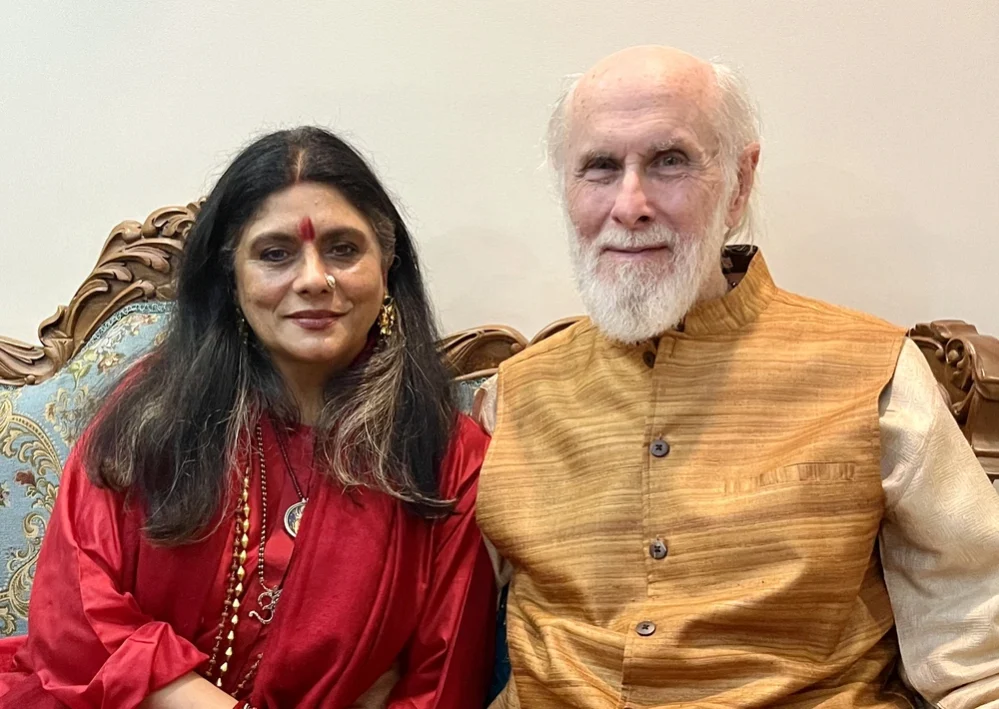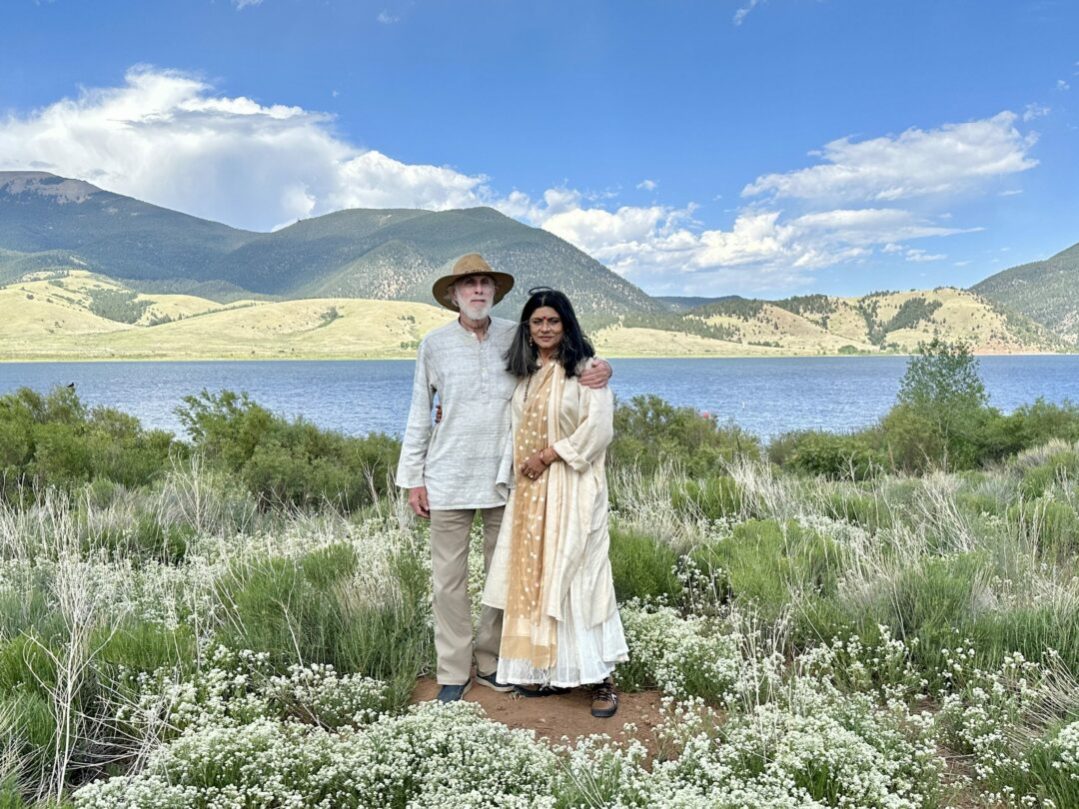Dr. David Frawley (Pandit Vamadeva Shastri) is a Vedacharya and one of the leading exponents of Vedic knowledge in an interdisciplinary approach worldwide. The American Institute of Vedic Studies serves as a vehicle for his work, offering on-line access to go along with his many published writings.
His work is highly esteemed by numerous students and followers as well as by many organizations worldwide – he was awarded India’s prestigious Padma Bhushan award in 2015 for his distinguished service to the nation!
With a D. Litt (the highest possible degree in Yoga & Vedic sciences) from SVYASA, Dr Frawley’s commitment to education shines through with online courses available at the American Institute of Vedic Studies on top of over 50 extensively published books sold the world over.
Dr. David Frawley has been one of the main pioneers in introducing Ayurvedic medicine to the western world, as well as Jyotisha (Vedic astrology), the deeper aspects of Yoga and Vedanta, and the yogic interpretation of the Vedas.
Dr. David Frawley has a D. Litt. (Doctor of Letters), the highest educational title possible in the field of Yoga and Vedic sciences, from SVYASA (Swami Vivekananda Yoga Anusandhana Samsthana), the only deemed Yoga university recognized by the Government of India. He has a second D. LITT. from Ram Manohar Lohia Ayodhya University, Uttar Pradesh that was given to him by the governor of Uttar Pradesh. He has a National Eminence Award from the South Indian Education Society (SIES), affiliated with the Kanchi Shankaracharya Math, which has only been given to about fifty educators over the last forty years.
In India, Vamadeva’s translations and interpretations of the ancient Vedic teachings have been acclaimed in both spiritual and scholarly circles. He has worked extensively teaching, writing, lecturing, conducting research and helping establish schools and associations in related Vedic fields worldwide over the last three decades.
In addition, he writes regularly for various publications and the social media on educational issues and the importance of Vedic knowledge, extending the India television.
Vamadeva received a Pandit award as part of a special Brahmacharya Vishvanathji yearly award in Mumbai in 1994. His role as a pandit and Vedic teacher (Vedacharya) has been honored by many groups in India. These include Swaminarayan (BAPS), Arsha Vidya Gurukulam (Swami Dayananda), and the Chinmaya Mission (Swami Mitrananda). Such a traditional title as a Pandit and Vedacharya implies having written and taught on the four Vedas and Upanishads, which Vamadeva has done in his many Vedic books that include original translations from the Sanskrit, starting with the most ancient Rigveda.
Our teachings are rooted in those of the gurus we have followed over the last fifty years.
Our main influence since 1970 has been the teachings of Bhagavan Ramana Maharshi and the tradition of Advaita Vedanta that he was connected to going back to Adi Shankara and the Upanishads.
We visited the ashram many times over the years, wrote a number of articles for their Mountain Path publication, and spoke before their centers in India and the West, studying and practicing Bhagavan’s teachings as the basis of our sadhana.
Most importantly we received Ramana’s presence and teaching into our lives at various visions and experiences at the ashram, the Tiruvannamalai temple, and the Arunachala mountain.
Yet our connection with Ramana developed another special dimension to it. We came into contact with the teachings of Kavyakantha Ganapati Muni (1878-1936), perhaps the chief disciple of Ramana, through K. Natesan, one of his oldest living disciples.
Ganapati was probably the greatest Sanskrit writer of modern India and a Raja Yogi of the highest order, for whom all the secrets of Kundalini and the chakras, as well as the depths of Advaita, were on the tip of his tongue expressed through his mantric powers. His teachings have greatly influenced us.
K. Natesan (1912-2009) had been with Ramana since the age of 12 and with Ganapati since the age of 18, with regular contact with both. He received a special mission to preserve through Ramana and Ganapati to carry on Ganapati’s works, from his Sanskrit renderings of Ramana’s teachings to his vast studies that included Yoga, Vedanta, Ayurveda and Jyotish, revealing the secrets of the Vedas along with Shakti Sadhana and a new vision of India and humanity. Since first meeting him in 1991 to the time of his passing, I shared these teachings and took them up, as they resonated with my own ongoing sadhana and teachings that already included Yoga, Vedanta, Ayurveda, Jyotish and Vedas, with views similar to Ganapati.
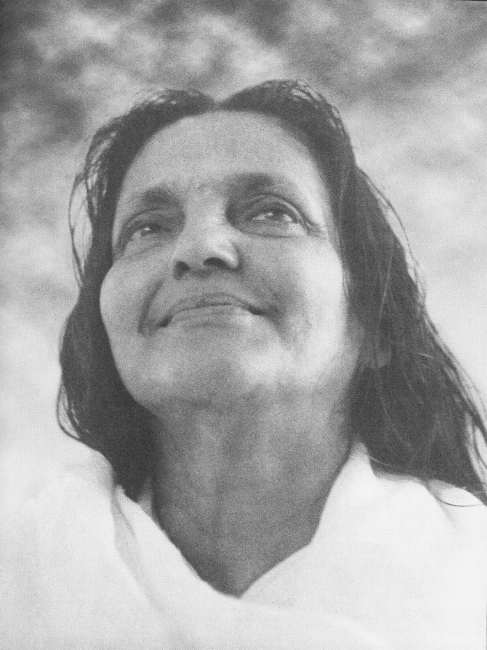
From 1976-1982 I was blessed to be in correspondence with Sri Sri Anandamayi Ma (1896-1982), the bliss-permeated Mother, perhaps modern India’s most honored woman guru, through her disciples Swamis Atmananda and Nirvananda.
Ramana was my spiritual father and Anandamayi Ma was my mother. Ma inspired me inwardly and encouraged my Vedic research, Yoga and Vedantic contemplations.
Her continued communication aided in my confidence in approaching such profound teachings from distant India.
She said I should never doubt my path or my work in the Vedic field and that she would always be with me, but have full confidence in my spiritual work.
Since discovering his teachings in 1970, Sri Aurobindo has remained a primary influence in our work.
In 1979 I met Sri MP Pandit (1919-1994), then Secretary of the Sri Aurobindo Ashram in India, who began publishing my Vedic research in various ashram publications and books in India in 1980-1986, including many translations from the Rigveda and Yajurveda, who encouraged my writings overall and my Vedic mission. Besides connecting me with the influence of Sri Aurobindo, he brought the teachings of the Mother at the Sri Aurobindo Ashram, more strongly into my life and awareness.
Aurobindo’s vision of the Secret of the Vedas and the need for a new evolution of consciousness in humanity have marked my thought as well, including an integral approach to Yoga and all life as Yoga. I have been part of the International Advisory Committee (IAC) for the city of Auroville.
I met Sadguru Sivananda Murty first in Hyderabad in 1994 and remained in close contact with him until his Mahasamadhi in 2015. Guruji was the head of the Saiva Mahapeetham, a Shaivite order from Andhra Pradesh, which we joined.
He was connected to Ramana Maharshi but also to Trailanga Swami, and many important gurus and teachings of South India of an esoteric nature.
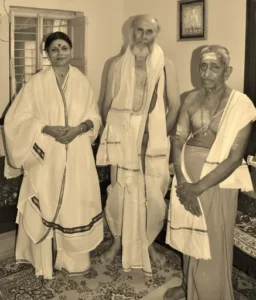
Besides Raja Yoga and Advaita Vedanta, he was adept in Jyotish, Mantra and knew the essence of Telegu culture and music, aiding in the renovation of temples. He visited the West several times and we visited him regularly at his Gurudham in Warangal and his Ashram near Vishakhapatnam. Guruji was most unassuming and accessible outwardly but held tremendous power and insight, holding many of the deeper teachings of Bharat.
Yogini Shambhavi had a special rapport with Guruji and he continues to guide her from within. He empowered her to teach others and be a guru in her own right.
The background and philosophy of the American Institute of Vedic Studies can be understood by the following presentations of Vedic Knowledge Systems, their Yogic applications, and Hindu (Sanatana) Dharma.
Dr. David Frawley (Pandit Vamadeva Shastri) is a recipient of the prestigious Padma Bhushan award, the third highest civilian award granted by the government of India, “for distinguished service of a higher order to the nation,” honoring his work and writings as a Vedic teacher, which he received in January 2015.,
With Prime Minister Narendra Modi, President Pranab Mukherjee, Vice-President Hamad Anasari, and Home Minister of India, Rajnath Singh in the center, and second to the right of Vamadeva former Deputy Prime Minister L.K. Advani. Awards for Bharat Ratna, Padma Vibhushan and Padma Bhushan. Ceremony at Rashtrapati Bhavan on March 30, 2015.
Vamadeva second from left in official group picture for the higher Padma Awards.
Vamadeva receiving the Padma Bhushan Award from President of India Pranab Mukherjee.
Below is the full citation for Dr. Frawley’s Padma Bhushan award from the government of India for his work in the fields of Ayurveda, Yoga, Vedanta, Vedic astrology, Vedic studies, Hindu Dharma and ancient India. The recommendation for this award came to him from the office of the Prime Minister, Sri Narendra Modi.
As our work is publication and web-based, you can easily connect with us through the internet, including four in depth on-line courses relative to Ayurvedic Healing, Ayurvedic Astrology, Yoga, Ayurveda, Mantra and Meditation and Integral Vedic Counseling. Each course consists of extensive course lessons, enhanced by illustrations, audios and videos.
Ayurveda – we teach the foundation of Ayurveda for wellness, right living, and countering common diseases and afflictions of body and mind. Our specific focus is on Ayurveda and Yoga psychology as addressing the complications of our high tech society, including the yogic aspects of Ayurveda, making Ayurveda relevant to all.
Yoga – we teach Raja Yoga, the approach of the Upanishads, Bhagavad Gita and Yoga Sutras, with reference to Vedanta or the Yoga of knowledge (Jnana Yoga), and an emphasis on Yoga psychology and the science of consciousness. In addition we teach the spiritual Tantric Yoga of mantras, deities, working with the subtle body, chakras, Kundalini and Shiva/Shakti energies. In this regard we integrate Yoga and Ayurveda.
Vedic astrology, Jyotish – we emphasize the astrology of healing, Vedic medical or Ayurvedic astrology, yogic astrology, mantras and deities relative to astrological remedial measures. We offer astrological consultations and teachings.
Vedic counseling – we emphasize an integral approach combining Vedic knowledge systems of Ayurveda, Yoga, Vedanta and Vedic astrology, along with teaching the foundation of Vedic dharmic living and karmic life-management. We have been developing this new field in recent years to bring together the different aspects of our course.
Vedic studies, ancient India and ancient history – We look back to ancient Vedic Rishi traditions going back to the dawn of history, as in the Vedic view we are but the seventh of fourteen humanities, not the first, the highest or the last. We research ancient traditions worldwide and connected to lokas or realms beyond the physical. In this regard, we honor all ancient, mystic, indigenous an native traditions.
Vamadeva is a senior teacher of “traditional Ayurveda,” the older Vedic or Vaidya approach which incorporates Yoga, Vedic astrology, and Vedanta into its teachings.
He is working to revive traditional Ayurveda and all its Vedic connections.
He is a “master educator in the field of Ayurveda and Vedic studies.”
Vamadeva has helped start a number of Ayurvedic schools and organizations, and his innovative teachings on Ayurveda have been used extensively by Ayurvedic groups throughout the world, including Ayurvedic schools in India. He is recognized as one of the most important Ayurvedic teachers and acharyas today.
Vamadeva’s main teacher of Ayurveda was Dr. B. L. Vashta of Bombay and Pune (1919-1997), note photo with Vashta on the right and P.H. Kulkarni on the left. For ten years he remained under the guidance of Dr. Vashta, visiting him regularly in India.
Dr. Vashta, a graduate of one of the first Ayurveda programs in India in 1941, wrote many books on Ayurveda and helped formulate Ayurvedic products for Ayurvedic companies. Vashta was also a leading journalist in the state of Maharashtra and became an important guide for Vamadeva. Vashta taught him the value of traditional Ayurveda.
Over the years, he has done many programs with the Ministry of AYUSH in India, and with S-VYASA university, as well doing programs with Indian embassies throughout the world on Yoga and Ayurveda.
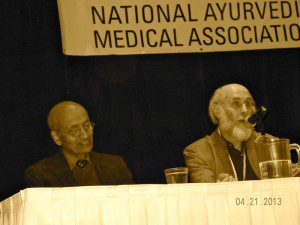
In America, Vamadeva has worked with Dr. Vasant Lad, noted Ayurvedic teacher and author. Vamadeva taught with Dr. Lad at the Ayurvedic Institute in 1983-1986. Along with Dr. Lad, he wrote the Yoga of Herbs (1986), which was the first book published integrating western herbs into Ayurveda.
Vamadeva’s main areas of specialization in Ayurveda are herbal medicine, Ayurveda and the mind, and Ayurveda and Yoga.
He has written many books on Ayurveda including the Yoga of Herbs, Ayurvedic Healing (foreword by B. L. Vashta, 1989), Ayurveda and the Mind (1996), Yoga and Ayurveda (1999), Ayurveda, Nature’s Medicine (with Subhash Ranade, 2001), and Ayurveda and Marma Therapy (with Ranade and Lele, 2003).
Vamadeva’s Soma in Yoga and Ayurveda (2012) is his longest and most detailed book on Ayurveda, and addresses deeper Yoga practices, including secrets of Ayurvedic herbs.
His book the Art and Science of Vedic Counseling shares an integral view of Vedic knowledge synthesizing Yoga, Vedanta, Ayurveda and Vedic astrology with the background Vedic Knowledge.
Vamadeva began studying Vedic astrology (Jyotish) as part of his Vedic research in the early seventies and brought out a course in the subject in 1985.
He continues to use Vedic astrology, particularly in the context of Yoga and Ayurveda, for a deeper understanding of Vedic wisdom. Vamadeva wrote Astrology of the Seers (1990), one of the first books on Vedic astrology published in the West. This was followed by Ayurvedic Astrology (2005), which pioneers the field of ‘Ayurvedic Astrology’.
In 1992 Vamadeva helped convene the first major American Conference on Vedic Astrology, which led to the founding of the American Council of Vedic Astrology (ACVA) the following year 1993. He became the first president of the organization for ten years (1993-2003).
Yogini Shambhavi joined his work on Jyotish in 2000, providing additional teachings and consultations on this Vedic science of light, reflecting her connection with the Yoga Shakti. She now handles the Jyotish work at the Institute.
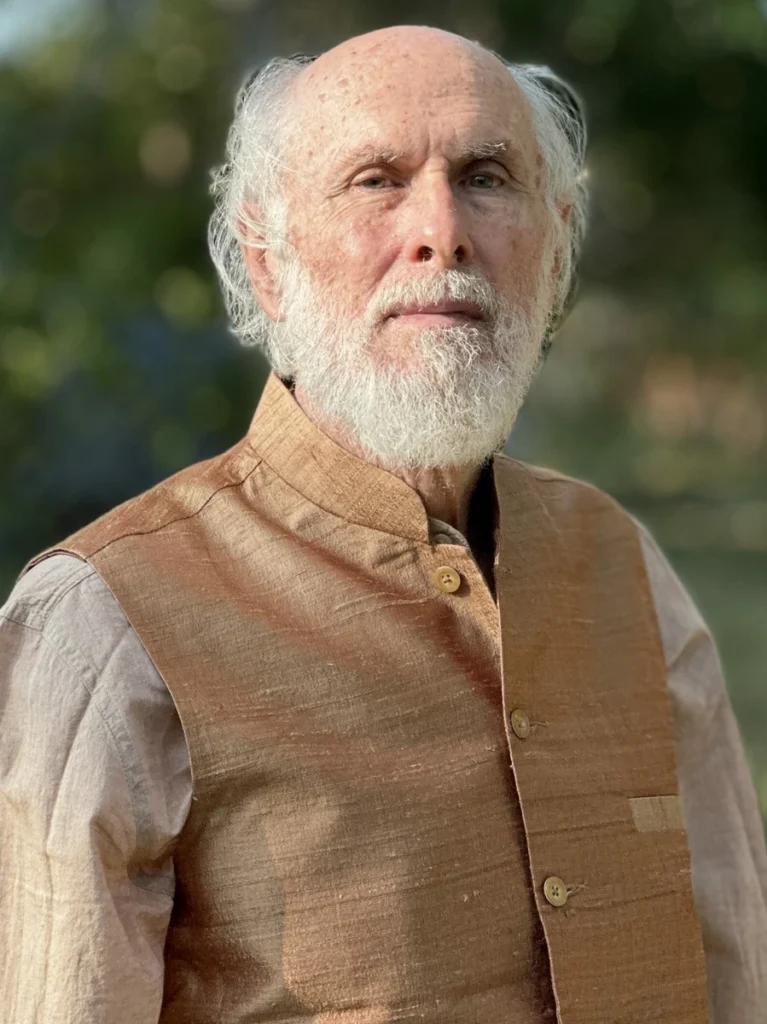
Dr. David Frawley founded the ‘Vedic Research Center’ in 1980 for his work on the Vedas since 1970 and his writings for Indian publications since 1977.
His early work focused on the Vedas and their yogic relevance for the Sri Aurobindo Ashram, Ramanashram and Sri Sri Anandamayi Ma. It included extensive translations from Vedic texts, notably Rigveda.
In 1988, Vamadeva expanded the center into the “American Institute of Vedic Studies” to promote Yoga, Vedanta, Ayurveda and Vedic Astrology as Vedic knowledge systems, related to his research and publications.
Dr. Frawley receiving the Padma Bhushan Award from President of India Pranab Mukherji in 2017 at Rashtrapati Bhavan.
Working with the American Institute of Vedic Studies, Santa Fe NM, along with Pandit Vamadeva Shastri (David Frawley) they offer Online Courses in Ayurveda, Yoga and Ayurveda, Vedic Counseling and Vedic Astrology Consultations as well as Yoga Shakti retreats, Shakta teachings, personal empowerments and workshops around the world.
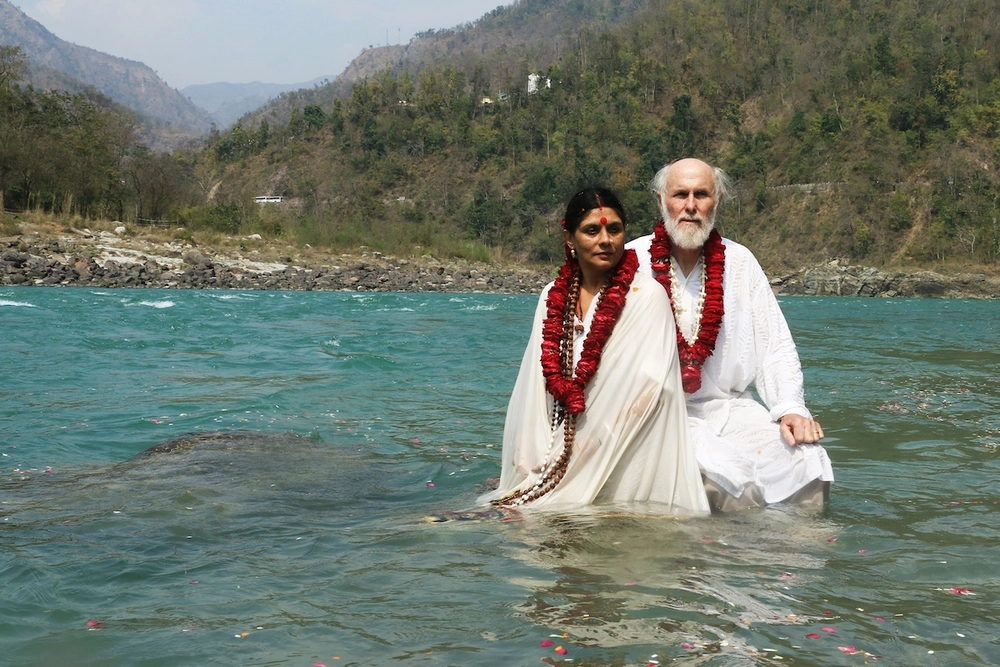
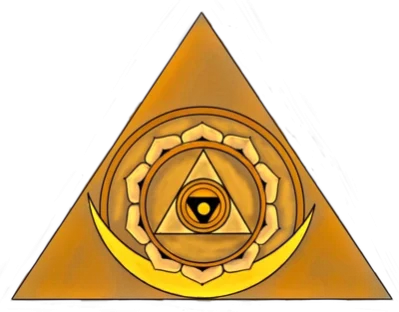
Discover the profound wisdom of the Vedic Science with over 40 books on Yoga, Ayurveda, Mantra and Vedic Astrology by Dr David Frawley.
Each book encapsulates the essence of Vedic wisdom, from Ayurvedic healing to the spiritual essence of yoga. Unlock the secrets of holistic living and self-realisation as you explore the pages meticulously crafted by these celebrated authors.
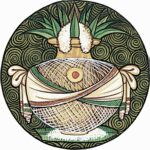
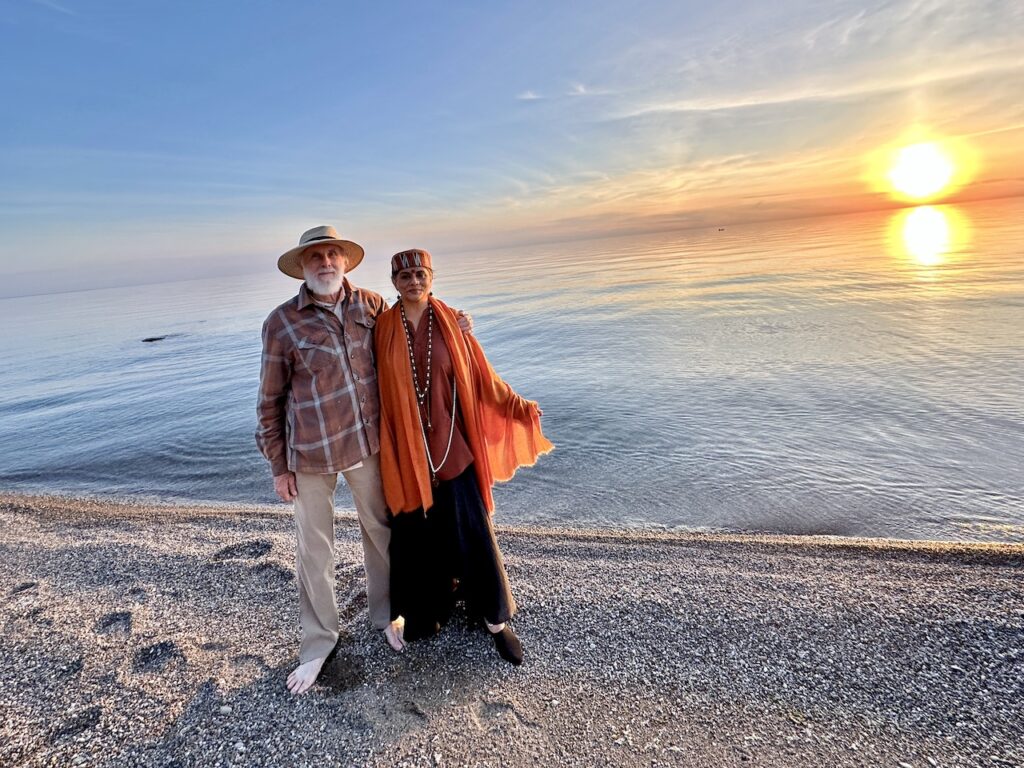
The Sun is not merely an outer power but an inner energy source, reflecting the
Unlock Ancient Wisdom
Important Pages
join our mailing list to learn about new events, articles and courses
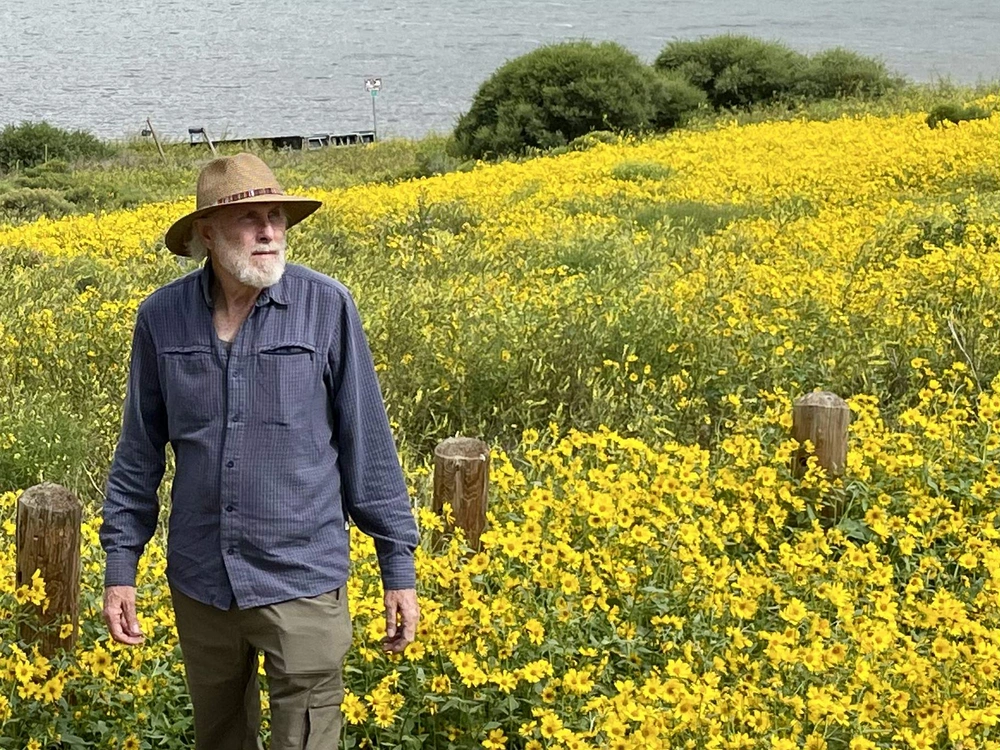
Live Webinar with Dr. David Frawley
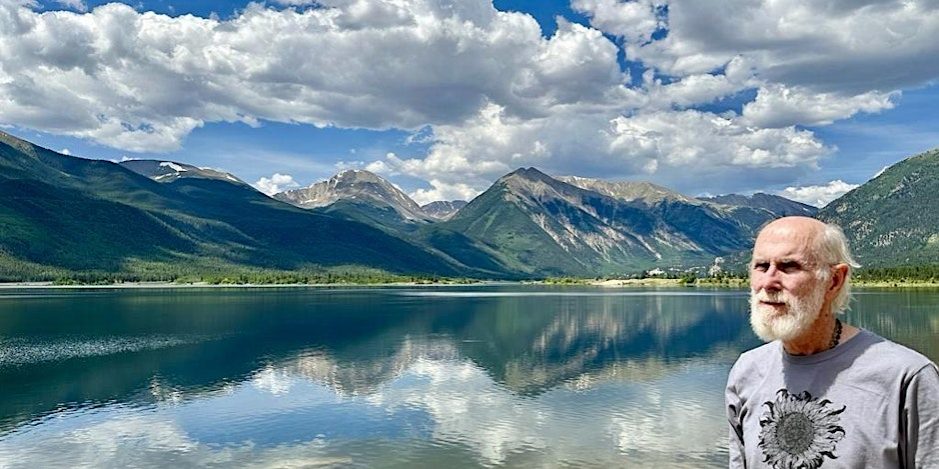
WITH DR. DAVID FRAWLEY
